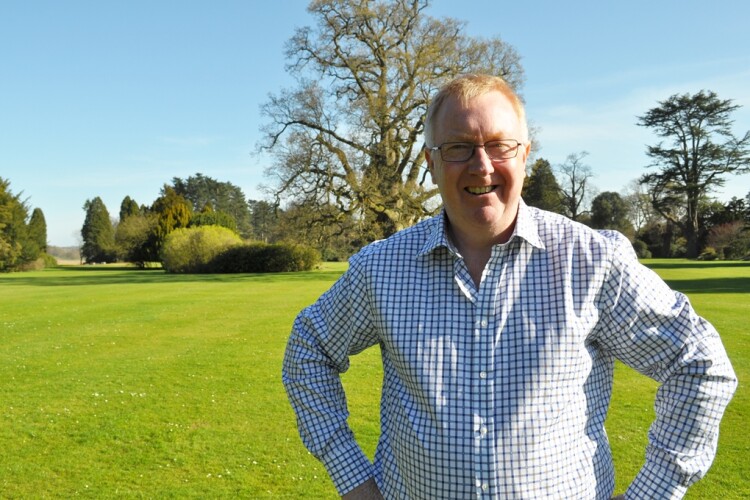This post was originally published on this site
https://www.theconstructionindex.co.uk/assets/news_articles/2025/10/1759817887_rsk-group-founder-and-ceo-alan-ryder.jpgRSK revenue topped £2bn for the first time last year.
It has seen rapid growth on the back of acquisitions paid for with other people’s money. RSK hasn’t reported a profit for years because of the vast interest repayments due to its backers.
In the year to 5th April 2025 RSK Group Limited generated revenue of £2,241m, up 21% over the previous year and 83% over the year before that. As recently as 2020 RSK’s annual revenue was £275m.
RSK now comprises more than 300 different business, most of them acquired and most of them focused on energy, infrastructure, water and the built and natural environment.
There were 11 acquisitions in the year to April 2025;
Earnings before interest, taxation, depreciation and amortisation (Ebitda) were up 2.4% last year to £122.4m but operating profit was down by nearly 50% to £4.2m (2024: £8.1m).
With interest payments of more than £132m payable to the backers, the final pre-tax result was a £124.5m loss, a slight improvement on 2024’s £132.0m pre-tax loss.

But to the RSK board, the bottom line has never mattered. Look instead at the £105.8m cash generated from operations at the 34% improvement in cash at bank to £176.8m.
Interim chief financial officer Francis Herlihy described the performance as “strong”, with the losses in line with expectations, given the company’s financial model.
In September 2024 RSK brought in new investors, raising £520m, with Searchlight Capital Partners and Penta Capital joining Ares Management and BGF Investments as major shareholders. Some of this money was used to pay down borrowings, which was brought back below £1bn to around £900m.
While the pre-tax loss never seems to be a cause for concern, the decline in operating profit is being acted upon.
“The group recognises an opportunity to improve margins and has developed and initiated a commercial excellence programme looking at pricing improvements, bid strategy and utilisation,” the 2025 annual report reveals.
Speaking to the group’s turbo-charged debt-fuelled growth strategy, Frank Herlihy added: “RSK continues to invest heavily in business growth, both organically and through acquisitions, to deliver long-term value creation. This has been essential as we further enhance the group’s capabilities, expand its geographic footprint and position RSK as a global leader. The benefits of this investment-led approach – including future revenue growth, operational synergies and improved margin performance – will be realised in the medium to long term.”
Got a story? Email [email protected]


